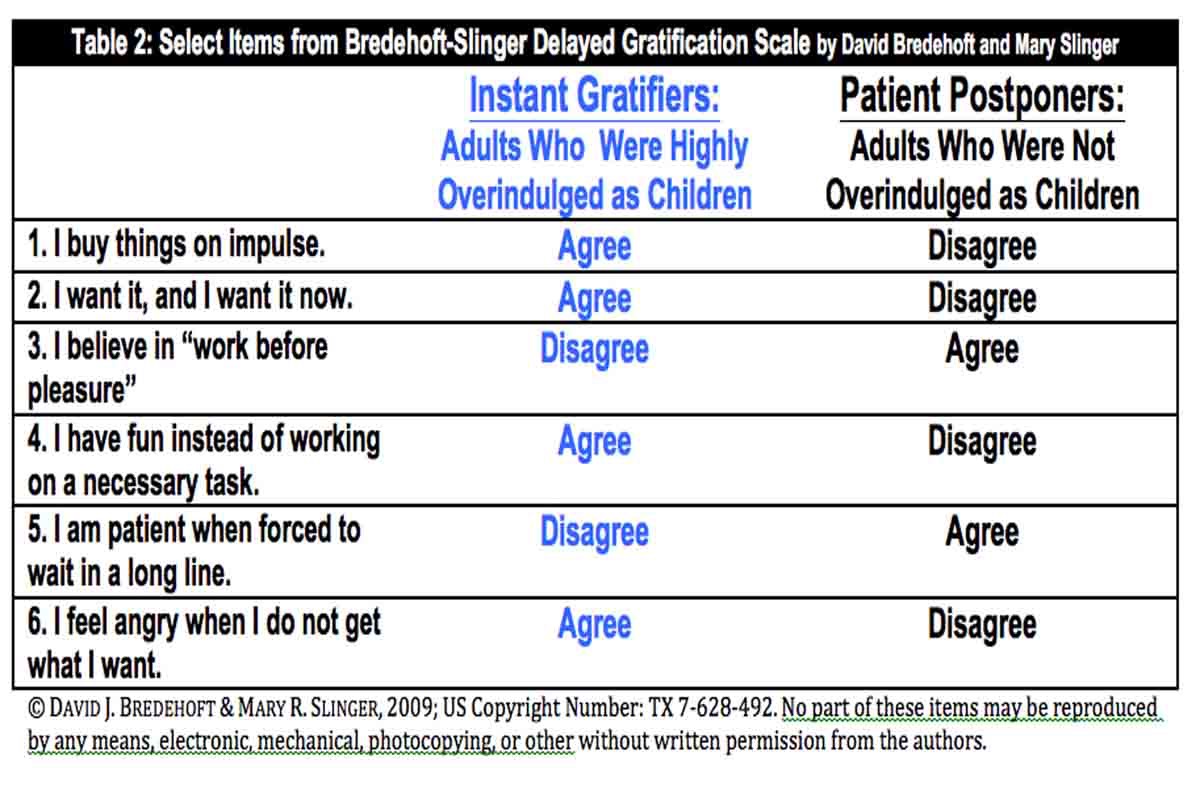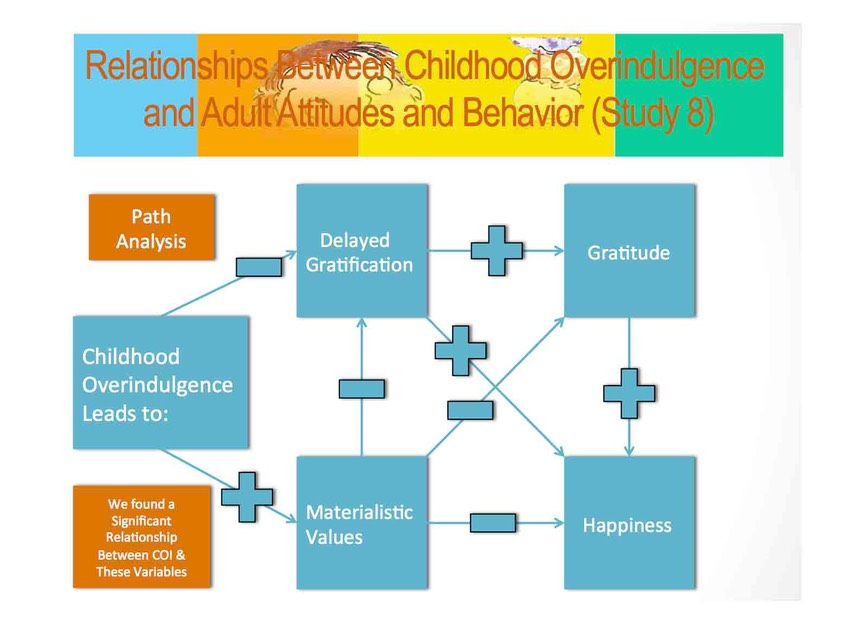
(Click here to download a free copy of this blog)
Think about it. Be honest. Is your child an “Instant Gratifier” or a “Patient Postponer”?
So what? Does it really matter? Further; as a parent, teacher, and mentor do your actions and interactions make a difference? Can we teach children self-control and shape them into Patient Postponers rather than Instant Gratifiers?

The renowned psychologist Walter Mischel, who conducted the famous “Marshmallow Experiment” believes we can teach children self-control. “This skill set [the ability to delay immediate gratification] is visible and measurable early in life and has profound long-term consequences for people’s welfare and mental and physical health over the life span.”
Click here for a related story: Delayed Gratification In An Age of Instant Gratification
But why do some children grow up as Patient Postponers and able to resist temptation, delay gratification, and others do not (Instant Gratifiers)? And what does this have to do with childhood overindulgence? To test this we asked 466 participants to answer 128 questions consisting of demographic data and seven psychological scales. My fellow researcher Mary Slinger and I established that delayed gratification is connected to childhood overindulgence.
IN OUR RESEARCH STUDY WE FOUND THAT CHILDHOOD OVERINDULGENCE LEADS:
ü to the inability to delay gratification;
ü to an increase in materialistic values;
ü to being ungrateful;
ü to being unhappy.
Conversely, if individuals are not overindulged as a children, they are more likely to delay gratification, to not be materialistic, to feel grateful, and to be happy. More specifically, we found significant differences in ability to delay gratification between those that were overindulged as children, and those that were not (see table 2).
Participants who were not overindulged as children were more likely to be “Patient Postponers” rather than “Instant Gratifiers”.
WHAT ARE PATIENT POSTPONERS LIKE?
- Patient postponers are very task oriented.
- They plan ahead and complete their work before they allow themselves to have fun.
- They are never impulsive shoppers.
- They almost always save for things they want rather than buy them on credit and pay for them later.
- Patient postponers rarely get frustrated or angry when they have to wait for things or when others interfere with their plans.
WHAT ARE INSTANT GRATIFIERS LIKE?
- Instant gratifiers are not task oriented.
- They rarely plan ahead and routinely procrastinate. They put off the things they should do for the things that they really like doing.
- They are impulsive shoppers. They want things now.
- They never save for things they want; instead they buy them on credit and pay for them later.
- Instant gratifiers routinely get frustrated and angry when they have to wait for things or when things do not go their way.

TIPS FOR TEACHING CHILDREN TO DELAY GRATIFICATION
1. Model patience and delaying gratification.
2. Teach your children to set goals and develop plans to work toward their goals.
3. Reward delayed gratification and self-control.
4. Play games that emphasize delayed gratification and self-control (i.e., Red Light, Green Light).
5. Resist the urge to overindulge (giving children too much, over nurturing them, and/or not providing rules).
There is more help about avoiding overindulgence in How Much is Too Much? Raising Likeable, Responsible, Respectful Children – From Toddlers To Teens – In An Age of Overindulgence (2014, DaCapo Press Lifelong Books).
Photos and graphics by David Bredehoft and Fotolia.



